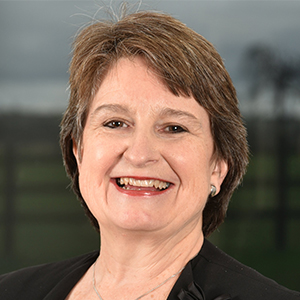Whether overseas relationships are treated as a recognised civil partnership in England and Wales is dependent on if a relationship fits within the definition of a ‘specified relationship’ or if it meets the ‘general conditions’ as set out in The Civil Partnership Act 2004 (CPA). In this article, family law partner Emma Harte will explore the relevant sections of the CPA and the protection they afford to overseas partnerships.
The Civil Partnership Act 2004
The CPA creates a structure for the establishment and formal recognition of civil partnerships.
Section 212 of the CPA defines the meaning of an “overseas relationship” as follows:
“1. For the purposes of this Act an overseas relationship is a relationship which –
- is either a specified relationship or relationship which meets the general conditions, and
- is registered (whether before or after the passing of this Act) with a responsible authority in a country or territory outside the United Kingdom by two people –
- Neither of whom is already a civil partner or lawfully married.”
Section 215 of the CPA sets out when two people should be treated as having formed a civil partnership by virtue of having registered an overseas relationship. In order for a relationship to be treated as a civil partnership, there are certain criteria that therefore need to be fulfilled, as follows:
- the relationship must have been a specified relationship or a relationship which meets the general conditions;
- the relationship must have been registered with a responsible authority in a country or territory outside the UK, by two people, neither of whom was already a civil partner or lawfully married;
- the couple must have had the capacity to enter into a relationship under the “relevant law”; and
- the couple must have met all requirements necessary to ensure the formal validity of their relationship under the “relevant law”.
What is a “specified relationship”?
Under Section 213 of the CPA, a specified relationship is a relationship registered by two people who, under the relevant law, are of the same sex when the relationship is registered by Part 1 of Schedule 20. Part 1 of Schedule 20 of the CPA consists of a list of countries/territories and a description of various types of relationships which are “specified”.
However, it is important to note that not all countries are set out within this section and as far as some countries are concerned, such as Canada, not all provinces are included.
The general conditions are set out at Section 214 of the CPA which states:
- the relationship may not be entered into if either of the parties is already a party to a relationship of that kind or lawfully married,
- the relationship is of indeterminate duration, and
- the effect of entering into it is that the parties are –
- treated as a couple either generally or for specified purposes, or
- treated as married.
If a relationship is unable to fit within a ‘specified relationship’ as set out in Schedule 20, it is still possible that it would qualify as an overseas relationship that meets the general conditions for the purposes of Section 212 of the CPA. The relationship should be registered with a responsible authority in a country or territory outside the UK by two people, neither of whom was already a civil partner or lawfully married, and the couple should meet all requirements to ensure the formal validity of their relationship under the ‘relevant law’ of the overseas country. If it was registered and all requirements are met to ensure formal validity of the relationship according to the law of the overseas jurisdiction, and the couple had capacity to enter into the relationship, then it follows that the relationship would be recognised in England and Wales.
Civil partners and assets
Section 212 of the CPA is important to remember, as recognition of the relationship in England and Wales may have significant positive consequences for inheritance tax purposes if one of the partners in the relationship passes away, leaving property and assets in this jurisdiction.
For example, a recent case that considered this involved a same-sex couple cohabiting in Toronto, Canada, whose relationship was registered at the Canadian High Commission in Singapore. One of the couple passed away, leaving assets in England and in various other countries. The UK tax authorities accepted that their relationship was to be treated as a civil partnership based on various legal evidence. This is just one example of how the CPA can offer protection to civil partners who are overseas but have assets existing in England or Wales.
If you have any questions or concerns about civil partnerships or any other family query, please contact Emma Harte.
This article is for general information purposes only and does not constitute legal or professional advice. It should not be used as a substitute for legal advice relating to your particular circumstances. Please note that the law may have changed since the date of this article.

